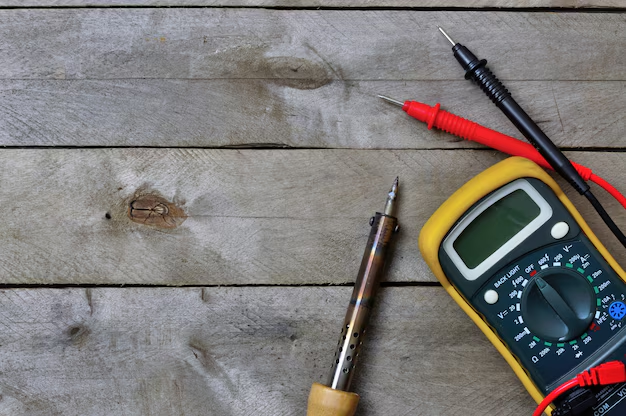Discover the Dynamic World of Electricians: What They Really Do
In today’s high-tech world, electricians are the unsung heroes who keep our homes, businesses, and industrial facilities running smoothly. While the role of an electrician may seem straightforward—dealing mainly with wires and plugs—their work is far more intricate and vital to our daily lives. So, what exactly do electricians do?
Designing and Installing Electrical Systems
Electricians are experts at developing and installing electrical systems that meet specific requirements and safety standards. Whether it’s wiring a new home, setting up complex lighting in a commercial space, or upgrading electrical systems in an industrial plant, electricians are there to ensure everything operates efficiently and safely. They determine the right placements for electrical outlets, lighting fixtures, and other essential components, all while adhering strictly to national and local codes.
Maintenance and Repair
The work doesn't stop once the installation is complete. Electricians also perform maintenance and repairs on existing systems. This can range from minor fixes, such as replacing circuit breakers and fuses, to major repairs like addressing power outages. Electricians troubleshoot and diagnose problems, using their expertise to restore functionality and safety.
Specializing in Different Fields
Many electricians choose to specialize in particular fields. Some focus on residential projects, delighting in the challenges of modern home upgrades, like smart home systems. Others may specialize in commercial or industrial projects, tackling large-scale operations that keep entire facilities running. There are also electricians who work in renewable energy, ensuring the efficient transfer and use of solar and wind power.
Staying Updated with Technology
Technology advances rapidly, and electricians must keep pace to remain effective in their roles. They engage in continuous education and training, learning about new tools, technologies, and safety practices. This ensures that they can install and maintain the latest systems, such as integrated home automation and energy-efficient lighting.
Promoting Safety
Safety is a crucial aspect of an electrician's job. They are responsible for ensuring that all installations comply with safety rules and regulations to prevent electrical hazards, such as fires or electrocution. Moreover, electricians use a variety of personal protective equipment and tools designed to keep them safe while working.
Navigating a career as an electrician can be both rewarding and lucrative, but it often requires specialized education and a keen understanding of electrical concepts. If you’re considering a career in this field or looking to further your skills, several financial and educational opportunities can help.
Here's a roadmap to some valuable resources that can help you finance your journey and expand your skills:
- 💰 Federal and State Grants: Scholarships for specialized training programs.
- 📚 Educational Loans: Programs offering low-interest rates for technical education.
- 🛠️ Government Aid Programs: Support for apprenticeships in trade skills.
- 🧾 Debt Relief Options: Assistance programs for managing educational debt.
- 💳 Credit Card Solutions: Cards with rewards for education expenses.
- 🎓 Continuing Education Grants: Funding for ongoing training and professional development.
These resources are invaluable for those eager to enter the trade or advance their careers. With passionate professionals at the helm, the future of the electrical industry is bright, driven by innovation and dedication.

